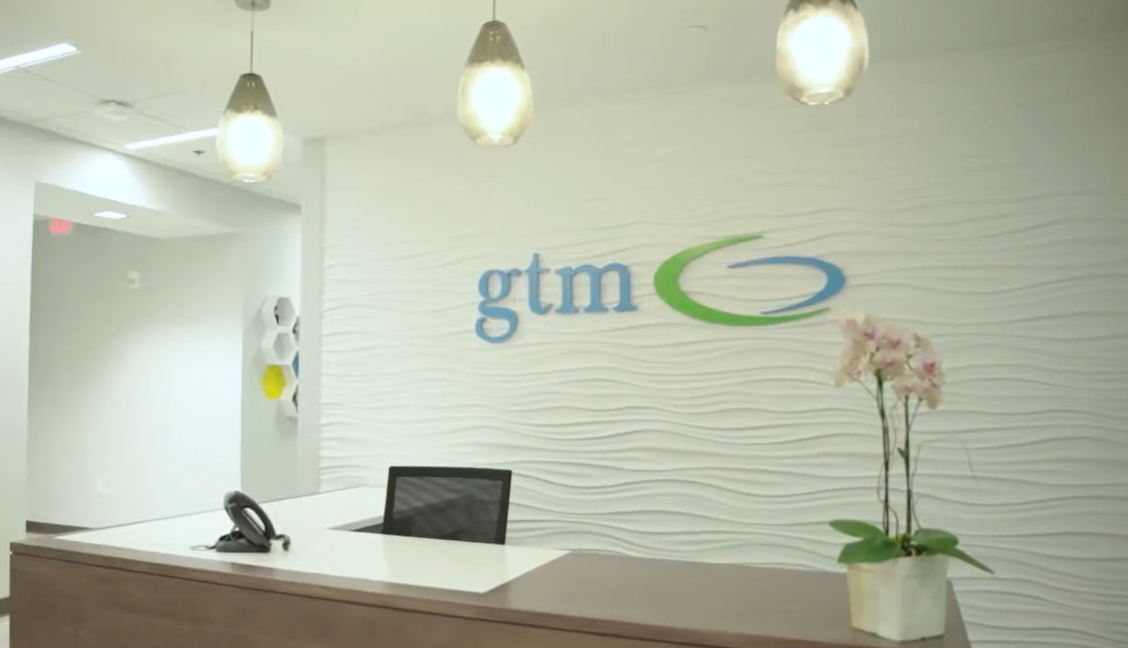Are you an ethical tax advisor? If not, watch out!

By Viola Trnski & Ian Fay
Out with the old (questionable tax planning), in with the new (ethical standards)
The International Ethics Standards Board for Accountants (IESBA) tax planning project has culminated in a framework of expected ethical behaviours for accountants providing tax planning services and a new Ethical Standard for Tax Planning (the Standard).
In August 2024, Chartered Accountants Australia and New Zealand (CAANZ) announced proposed revisions to the Code of Ethics to incorporate IESBA’s suggested changes. These changes will apply to New Zealand members and all other practitioners subject to CAANZ jurisdiction from 1 July 2025.
The Standard applies to ‘tax planning services’ and related activities. This does not include tax evasion, which is illegal, and covered by existing Code of Ethics standards. Instead, ‘tax planning’ covers advisory activities that assist an employing organisation or a client in planning or structuring affairs in a tax-efficient manner.
Different sections apply to members in business who perform tax planning activities and members in public practice who provide tax planning services. This distinction essentially separates accountants who perform the in-house tax function of an organisation (‘in business’) and accountants employed by advisory firms (‘in public practice’).
The wording of the Standard includes reference to various tests and exercises that members are expected to follow. For example, determining a ‘credible basis’ for tax planning arrangements and performing a ‘stand-back test’ on how the arrangement may be viewed in a wider context. There must be a credible basis for an arrangement before a member can advise on it. By contrast, the stand-back test must be considered but does not necessarily preclude advice being given. The Standard also provides guidance on how members can navigate uncertainty, cross-border issues, and ‘grey zones’.
New Zealand-specific amendments are proposed to assist members in interpreting these new concepts. For example, it is proposed that ‘credible basis’ is defined as ‘acceptable tax position’ under existing New Zealand legislation. The Tax Administration Act 1994 defines ‘acceptable tax position’ as something that is not an unacceptable tax position, which in turn is defined as being a position that, “viewed objectively…fails to meet the standard of being about as likely as not to be correct”.
Is the ‘acceptable tax position’ bar set at the same height as IESBA’s ‘credible basis’ test? This is one of the submission points that CAANZ are currently consulting on (submissions are due on 7 November 2024). The finalised wording is expected to be published in February 2025.
Depending on what definition is adopted in the final Code of Ethics, questions may follow around the implications of an unacceptable tax position being taken, and whether this will trigger an automatic investigation of the ethical conduct of the accountant involved. The Standard also outlines a number of steps members should take if they witness their employer (if in business) or clients (if in public practice) proposing tax positions which don’t have a credible basis.
Are you ready?
Strong tax governance is critical for all organisations, and particularly so in light of the new Standard.
One implication of the Standard is that the accountant in business may need to take an increased amount of personal ownership and responsibility for the tax planning undertaken by their employing organisation. The Standard imposes expected behaviours on individual accountants, regardless of views that senior management or the board may take.
For accountants in business, a strong, effective, and robust tax control framework will play a key role in ensuring that appropriate checks and balances are in place to demonstrate that tax planning activities are undertaken ethically. Further, tax governance demonstrates to external auditors, Inland Revenue, and other stakeholders including shareholders, investors, employees, and professional bodies, that the tax obligations of an organisation are being taken seriously and that controls are being tested and are working as intended.
What does good tax governance look like?
Tax strategy should have sign off from the board and chief executives, there should be responsibility within the organisation for tax and finance functions, appropriate documentation should be in place to manage tax risks and outline how the rules operate in practice, and processes should be continuously tested, with assurance provided that they are working as intended. Accountants in business should have a personal interest in whether the tax strategy aligns with the expectations and requirements of the Standard.
Our October 2021 Tax Alert article sets out a three-step approach to strengthening your tax risk management framework.
Why is tax governance important?
Businesses benefit from strong tax governance by increasing efficiency and certainty while reducing exposure to risk. Being prepared and able to demonstrate strong self-review in case of future audits, transactions, or other circumstances where tax controls may come under increased scrutiny is good business practice.
There are non-financial risks at stake by not having strong tax governance. Getting your tax obligations wrong can wreak havoc on your brand and reputation and result in subsequent financial fallout. IESBA noted increased public scrutiny and awareness around the tax profession as one of the reasons for introducing the new Standard. With increased reporting and broader Environment, Social and Governance (ESG) obligations trending globally, organisations are expected to maintain a ‘social license’ to operate which requires good governance and goes further than just strictly complying with the law. In the words of the Standard, not only does tax planning have to have a credible basis, but accountants should also apply the stand back test.
I’m not an accountant, can I still give colourful tax planning advice?
Non-accountant tax professionals who work in “public practice” will be covered by the code, however, the standard does not strictly extend to tax advisors who are not governed by a professional body and not in ‘public practice’. However, IESBA expects the new ethical code will influence the general behaviour and conduct of tax advisors more broadly, regardless of whether they are strictly subject to the new rules.
Time to brush up on your ethics?
Complementing the introduction of the new Standard is an increase in mandatory ethics training for CAANZ members from 2 to 6 hours per triennium from 1 July 2024. This is the perfect opportunity to brush up on your ethical obligations prior to the new Standard coming in next year.
Finally, as the new Standard demonstrates, the onus on accountants to take responsibility for ethical behaviour is increasing. Exactly what this looks like is yet to be seen, but we expect that once the Standard is incorporated into the New Zealand Code of Ethics, CAANZ and other accounting bodies may take disciplinary action for practitioners who breach the code, including the new Standard.
If you have any questions on the Standard, or would like assistance in strengthening your organisation’s tax governance framework, please get in touch with your usual Deloitte advisor.
link






